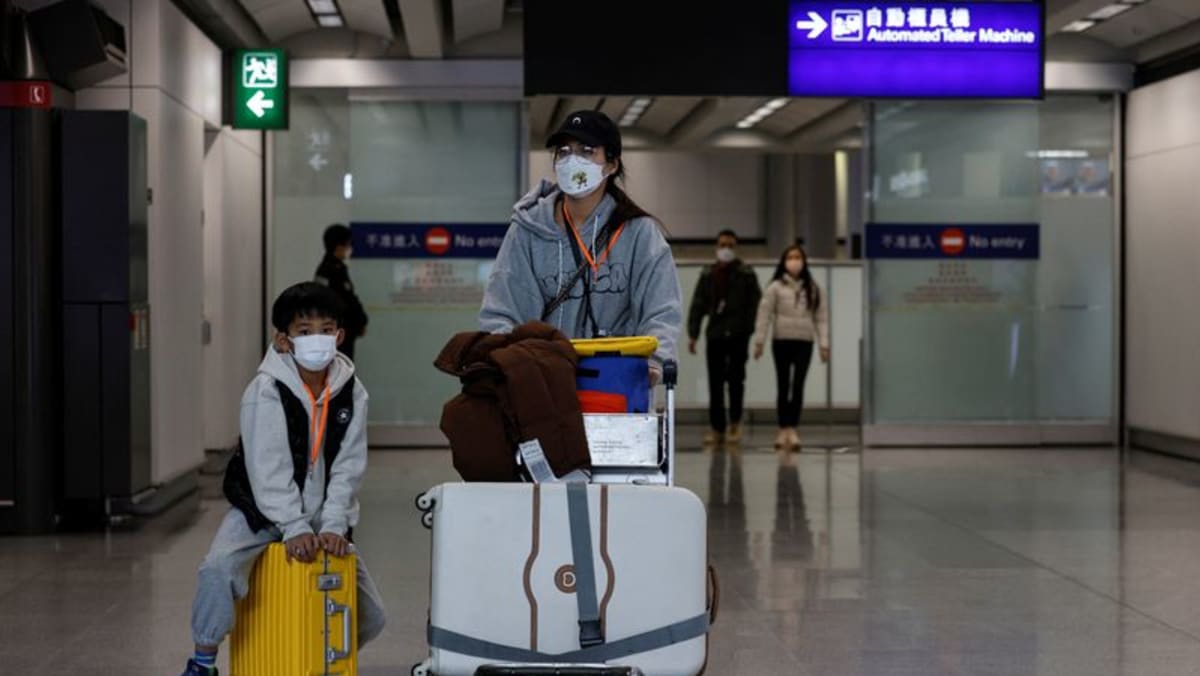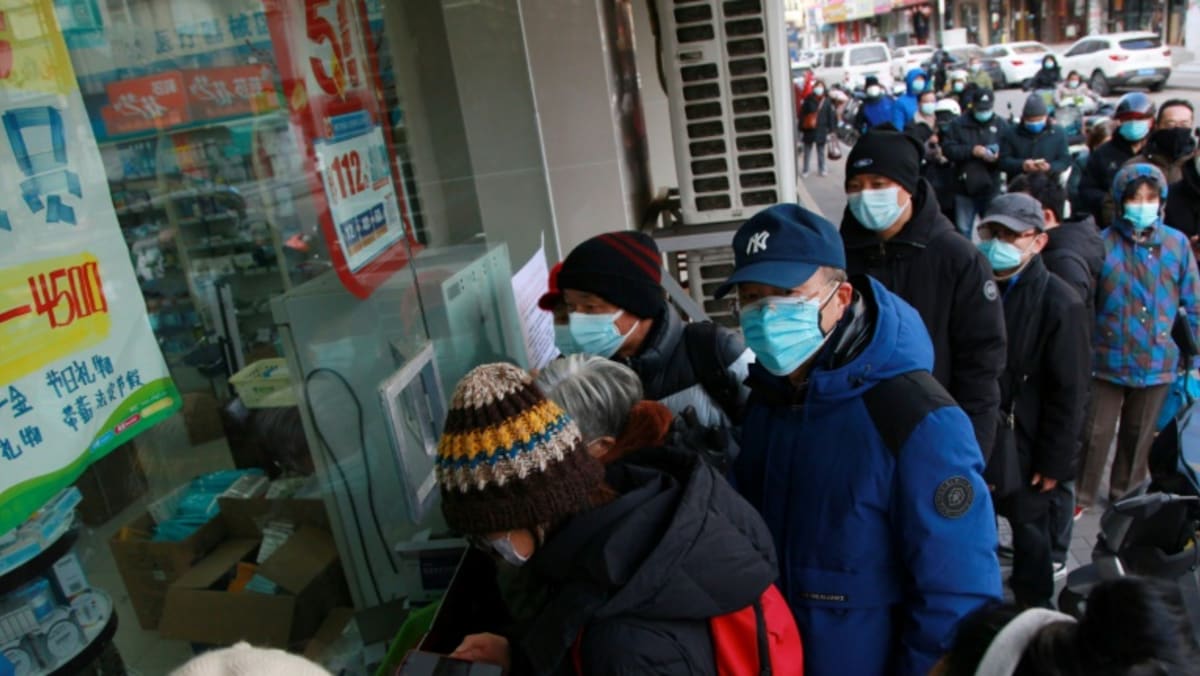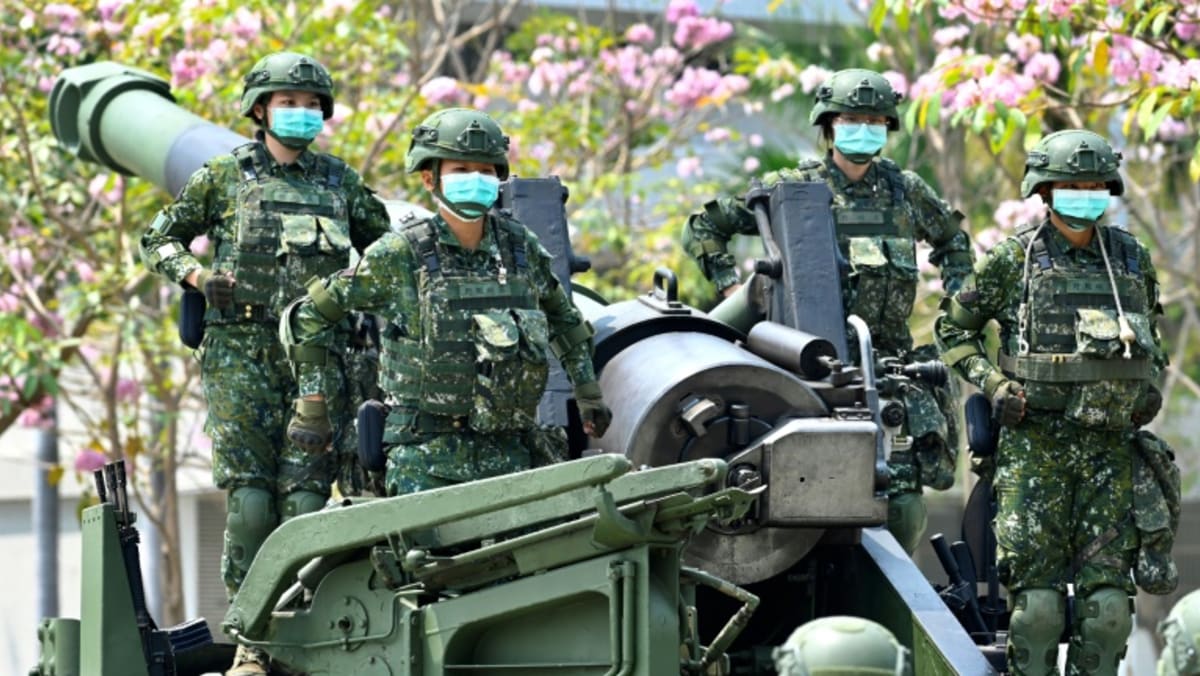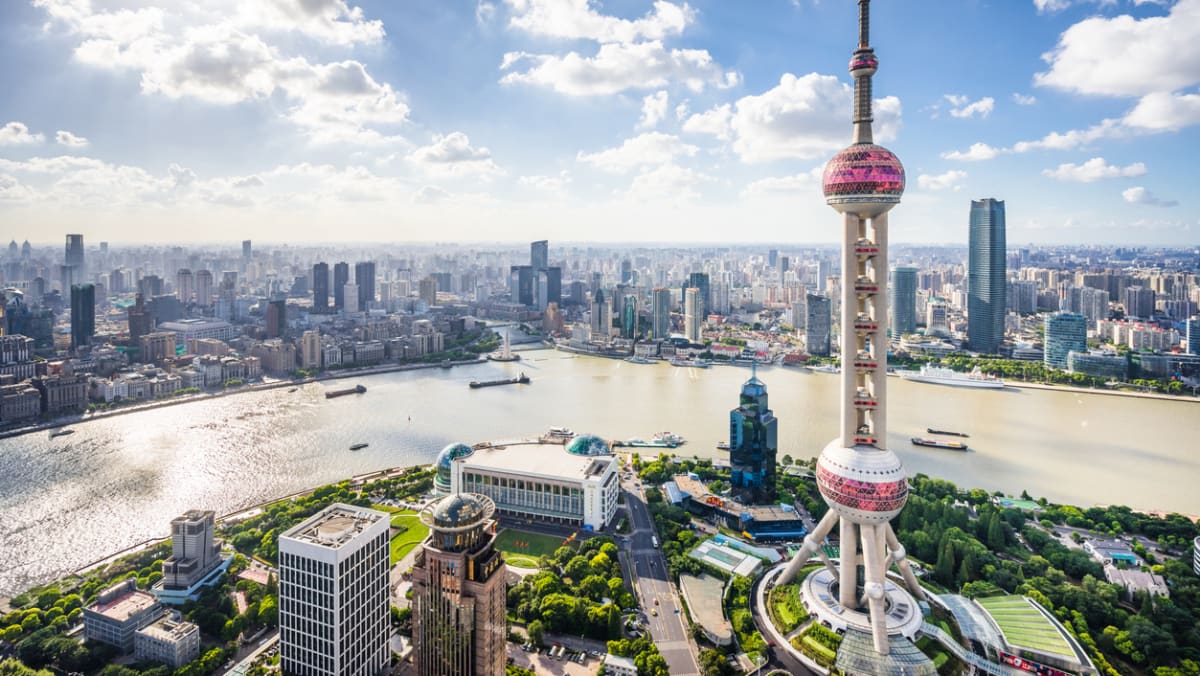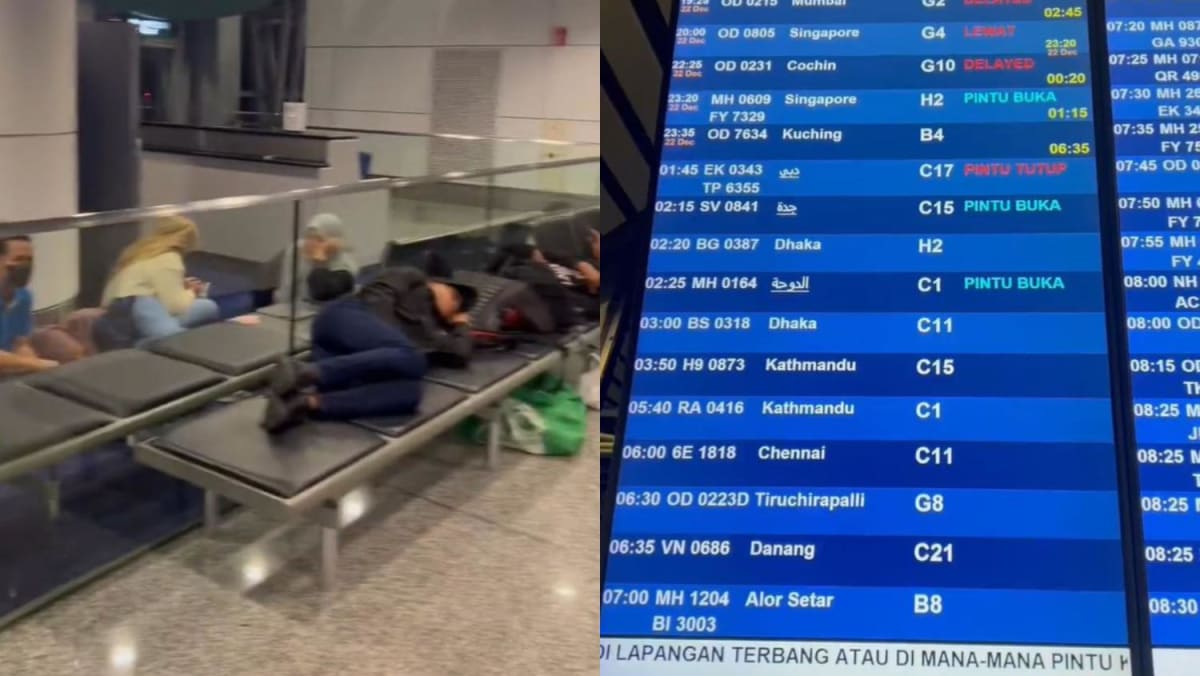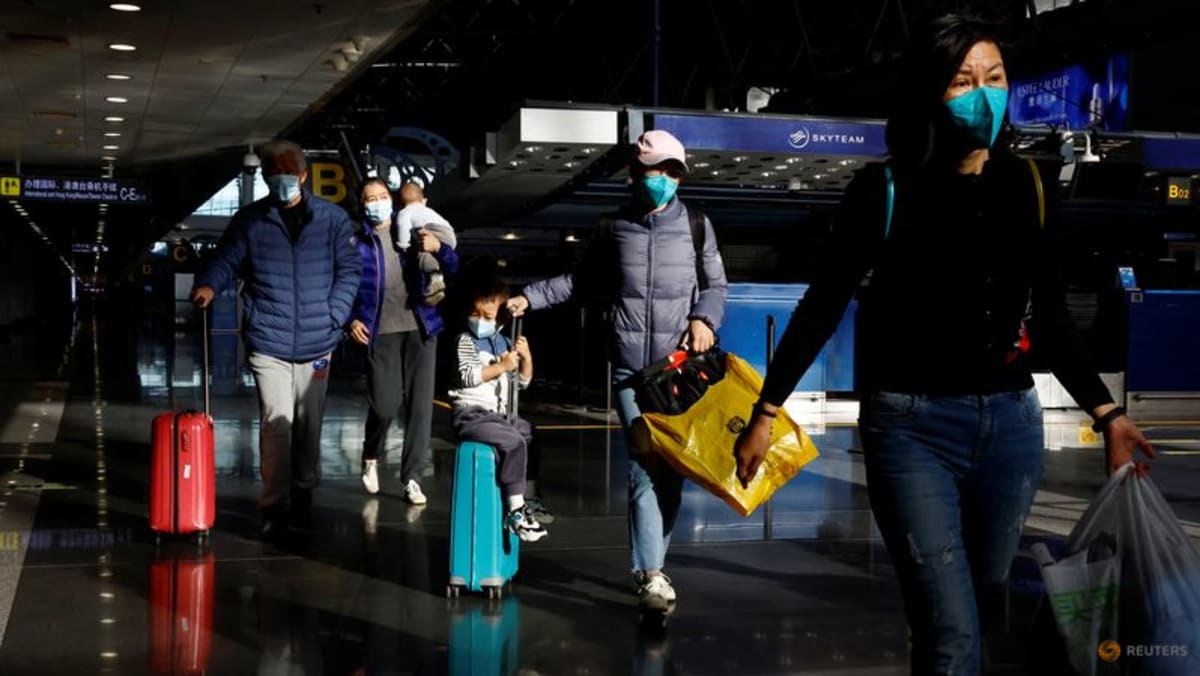China will soon ease its COVID-19 entry rules, after nearly three years of strict pandemic border restrictions.
On Monday (Dec 26), the country’s National Health Commission (NHC) announced that from Jan 8, 2023, COVID-19 will be downgraded from Class A - its top tier of infectious diseases - to Class B, a class that also includes HIV, viral hepatitis and H7N9 bird flu. This means that quarantine will no longer be enforced.
If you’re planning a trip to China, here’s what you need to know.
NEW ENTRY RULES
Under the new rules, which will take effect from Jan 8, travellers will no longer be subjected to quarantine requirements. However, they will need to take a polymerase chain reaction (PCR) test 48 hours pre-flight in order to enter the country.
Currently, all passengers arriving in China have to undergo mandatory centralised quarantine, a requirement that has been in place since March 2020.
However, the length of time has been progressively reduced, from three weeks originally to just five days at present.
It is the latest in a series of restrictions to be lifted as Beijing loosens its zero-COVID regime. Earlier this month, the Chinese government abruptly dropped mandatory testing and lockdowns.
It comes after nationwide protests last month, with the strict zero-COVID policy - now entering its fourth year - being blamed for upending ordinary life, travel and employment and dealing a harsh blow to the economy.
SHORTER LOCKDOWNS, HOME QUARANTINE
While China has since moved away from imposing sweeping lockdowns in whole neighbourhoods or cities, current guidelines stipulate that local authorities may still lock down buildings in the event that a positive case is detected.
However, snap lockdowns must be applied to more precisely identified areas, including specific buildings, units, and floors.
They must also be lifted if no new cases are found for five consecutive days.
In addition, the new guidelines also ban the blocking of fire exits and doors by officials, after 10 people died in a blaze in a sealed building in northwest China's Urumqi, sparking nationwide protests.
People infected with COVID-19 but with mild or no symptoms can now isolate at home rather than in state-managed facilities.
FEWER PCR TESTS, MASS TESTING
Many cities, including Beijing and Shanghai, have removed the negative test requirements to enter public spaces such as bars, restaurants, museums and other establishments. However, PCR tests are still required in high risk areas such as healthcare, educational, and certain other institutions.
Earlier this month, Beijing and Shenzhen also declared that negative COVID-19 test results will no longer be required to ride public transport.
Mass testing is also no longer conducted in areas that are not considered “high risk”, which refers to places that have positive cases.
Since Dec 7, those travelling between regions in China are no longer required to undergo PCR tests and health code checks.
FLIGHT OPTIONS
Restrictions on international flights, such as the "Five-One" policy - a rule under which an airline can keep only one flight per week to travel to and out of China - will also be lifted but in-flight mask wearing will still be required
From Dec 30, Singapore Airlines (SIA) will reinstate its passenger service to Beijing, operating fortnightly every other Friday.
This comes nearly three years after flight services between Singapore and Beijing were suspended on March 28, 2020.
Checks by CNA on Tuesday showed that the cost of an economy ticket from Singapore to Beijing this Friday with the return flight next Tuesday was around S$4,160.
According to SIA’s flight calendar, prices for economy flights between Singapore and Beijing show a slight drop after Jan 8.
A ticket for a round trip that leaves for Beijing on Jan 13 and returns to Singapore on Jan 17 costs around S$3,335.
Adblock test (Why?)
https://news.google.com/__i/rss/rd/articles/CBMidmh0dHBzOi8vd3d3LmNoYW5uZWxuZXdzYXNpYS5jb20vYXNpYS9wbGFubmluZy10cmlwLWNoaW5hLWhlcmVzLXdoYXQteW91LW5lZWQta25vdy1haGVhZC1qYW4tOC1ib3JkZXItcmVvcGVuaW5nLTMxNjkzODbSAQA?oc=5
2022-12-27 06:23:00Z
1709216377
